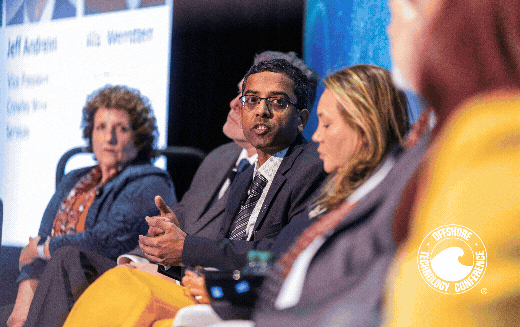Optimizing Offshore and Energy Projects: From Predictive Modelling and Economic Assessments to Risk Management and AI Integration
Monday, 5 May
500
Technical Session
In this session, you will get to know the optimization of offshore and energy projects through various advanced methodologies and technologies. As key areas, this session explores predictive modelling for FPSO topsides, risk mitigation in spare parts supply chains, and economic assessments for stranded gas fields. It also looks at integrating biomethane with natural gas, AI-driven project management at large national operators, and optimizing a large offshore Complex in the Middle East. Additionally, it discusses probabilistic modelling for petroleum production forecasts, techno-economic analysis of solar hybrid systems, new risk evaluation methods, and the importance of flexible capacity for long-term field development.
Overall, the aim is to optimize resource use, enhance production forecasting, and ensure sustainable and profitable long-term development in the energy sector.
Session Chairperson(s)
Sponsoring Society:
- Brazilian Petroleum, Gas and Biofuels Institute (IBP)
-
Alternate 35651Predictive Model for FPSO Topsides Weight: A Data Science Case Applied to Surface Facilities
-
Alternate 35806Technical and Economic Assessment of Integrating Biomethane Production with the Natural Gas Supply Chain
-
Alternate 35786Project Management: From Individual Control to the World of AI
-
Alternate 35815Optimization Strategy of Marjan Offshore Complex: A Roadmap from FEED to Final Design
-
Alternate 35548Leveraging the Power of Probabilistic Modelling to Forecast Petroleum Production Using Well Performance
-
Alternate 35522Enhancing Asset Profitability with Flexibility for Life Cycle Field Development - A Comparative Study for Well Placement Allocation and Platform Capacity


